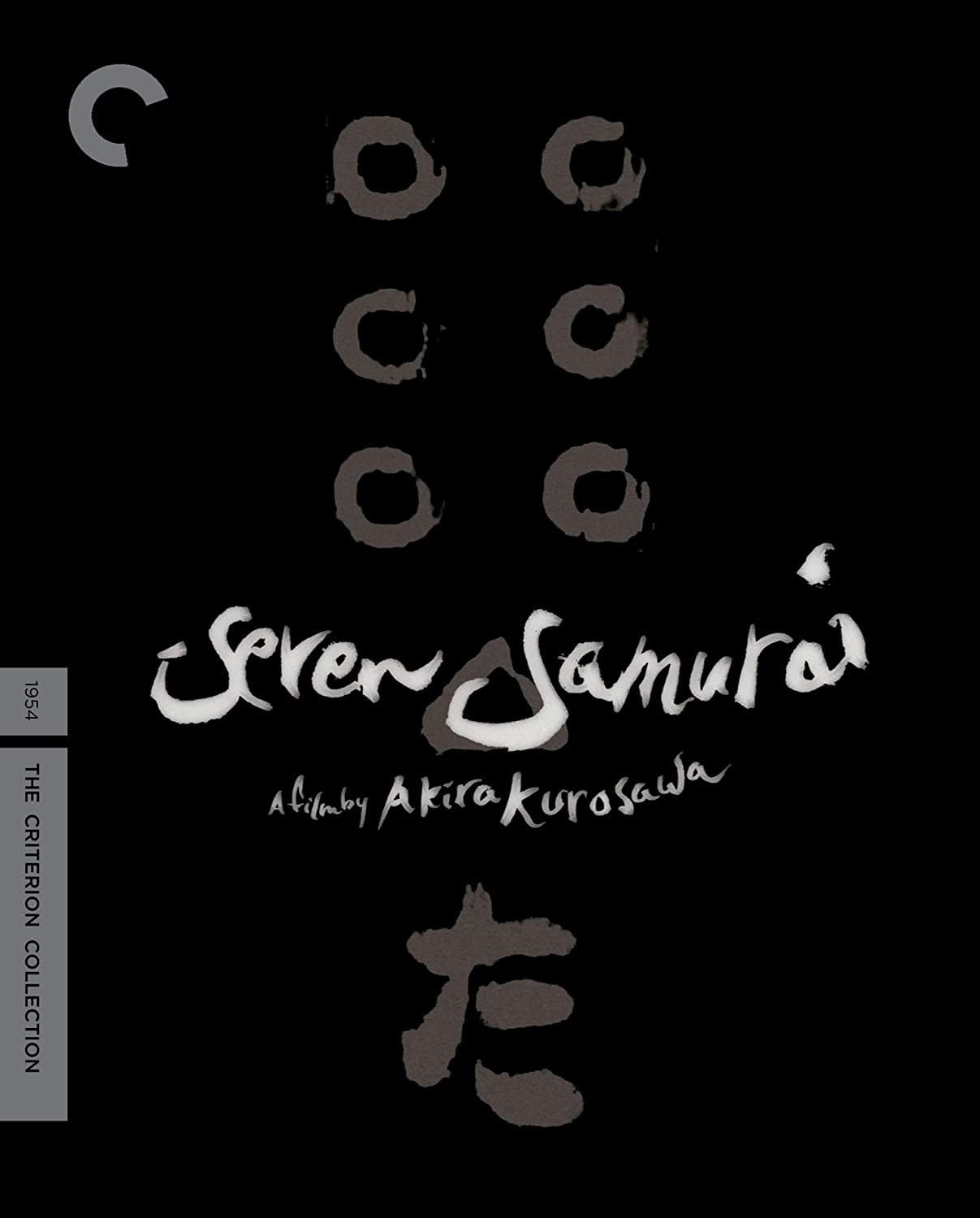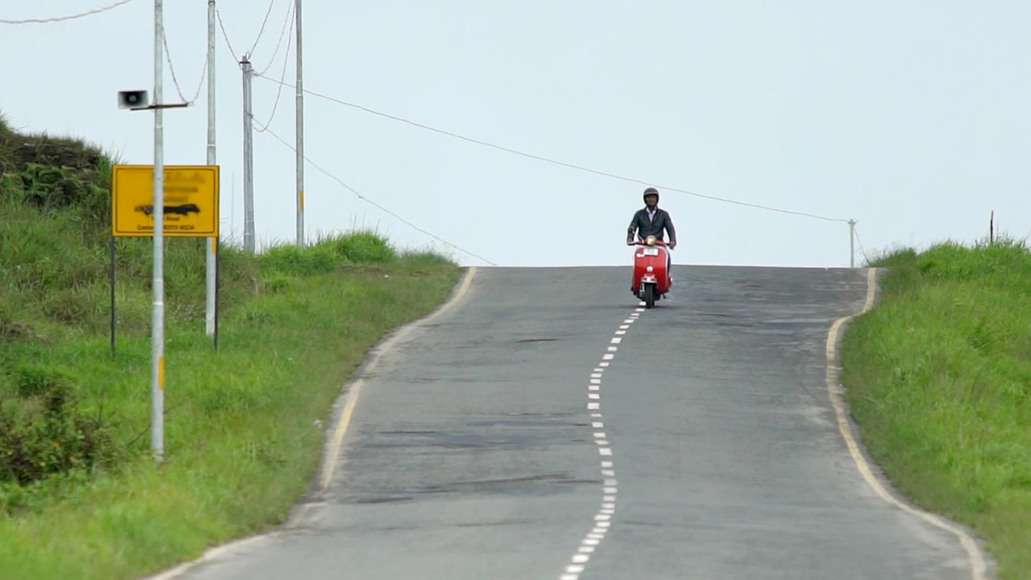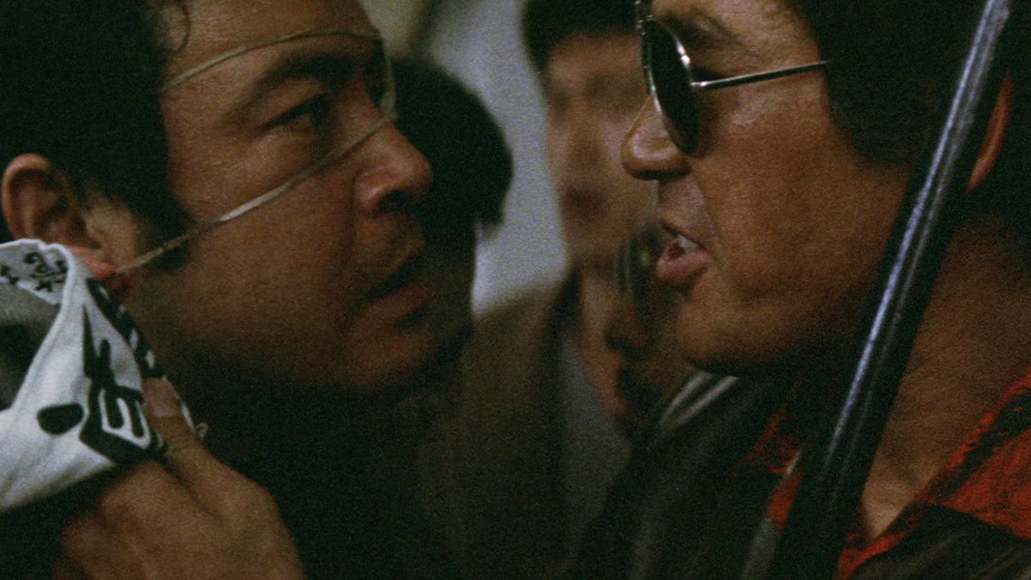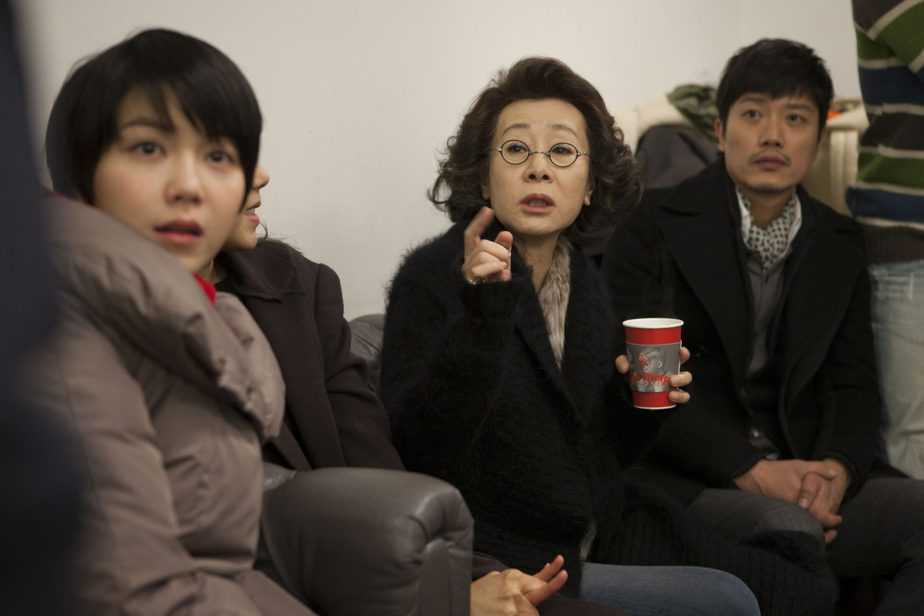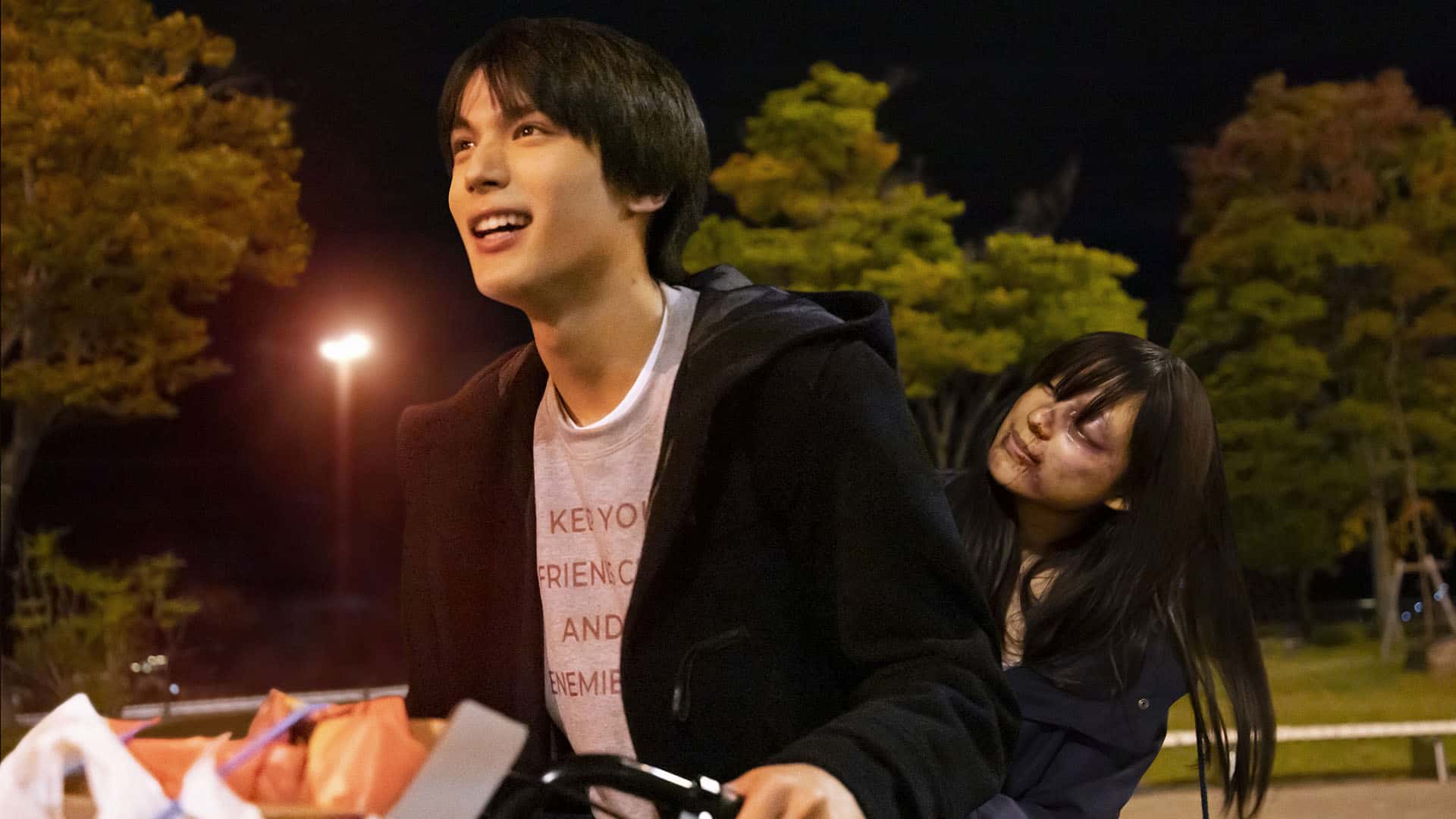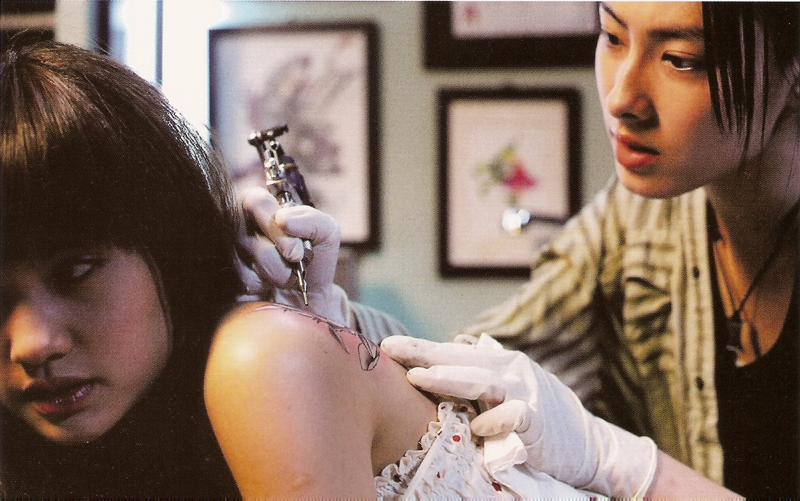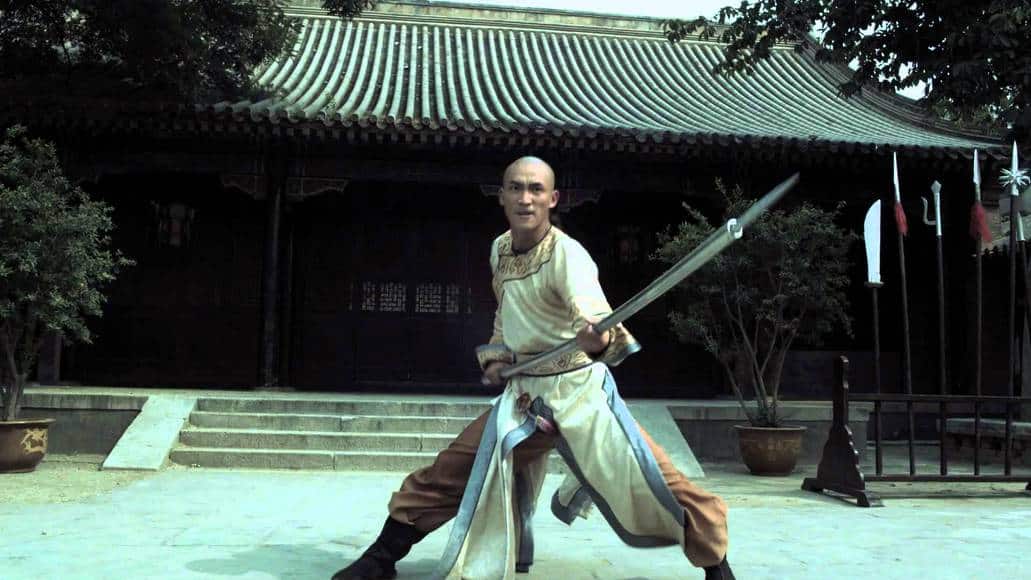Great filmmakers like Akira Kurosawa have brilliantly showcased film as a creative medium for storytelling. The renowned director is praised not just for how technically mesmerizing his work is but also for his consistent track record in creating an engaging narrative. The story could be simple on paper but with closer examination, has a lot of depth to appreciate. Elements can range from the characters to the themes being presented. Kurosawa could establish a basic setup for a movie and turn it into a fascinating historical epic with so much content to analyze and admire. Look no further than his tremendous “Seven Samurai.”
Buy This Title
on Amazon
The screenplay for the ambitious project was written by Akira Kurosawa, Shinobu Hashimoto, and Hideo Oguni. Initially, Kurosawa wanted to make a film about a day in the life of a samurai. Over time, though, the initial idea expanded and was developed into a narrative about multiple ronin protecting a village of peasants. To truly capture the historical accuracy down to the tiniest detail, a thorough research was done about the historical period in which the story as set. The big-budget epic was shot over a year and with many difficulties along the way, as Kurosawa was known as a perfectionist filmmaker. Upon release, “Seven Samurai” received universal acclaim and became a box office success. Its influence on cinema is immense and would spawn various remakes. The most famous of these remakes is “The Magnificent Seven,” directed by John Sturges.
In sixteenth-century Japan, during the Warring States period, a poor village of farmers is continuously rampaged by a group of sadistic bandits. With them being fed up with the constant injustices committed, a group of villagers led by a man named Rikichi band together to find warriors to help them stand up to these inhumane individuals. While searching, they meet an older unemployed samurai named Kambei Shimada, head-strong but wise. After witnessing the ronin save a child, the villagers seek him for help, to which he humanely agrees. Next, Shimada and Rikichi group together more warriors, including an intelligent wanderer named Gorobei Katayama, a stone-faced swordsman known as Kyuzo, an old friend of Shimada named Shichiroji, a young ambitious warrior Katsushiro Okamoto, and a charming man referred to as Heihachi Hayashida. The seventh and final team member is a comical figure named Kikuchiyo, who claims to be a samurai but continually humiliates himself. Eventually, though, Kikuchiyo is shown to understand the peasants and have an eye for geography. Ultimately, he joins them, and the seven warriors work together with the farmers to fight off the evil bandits.

The premise for the movie is basic, but when when one delves deeper into it, it reveals a story that is emotional and powerful. The emotions are brought to life thanks to the brilliant directing and terrific screenplay. The characters are great and full of personality. They are well-developed, and the interactions among them feel very genuine. There are plenty of subtle moments that add complexity to these individuals, such as Kikuchiyo's hinted-at tragic backstory, the friendships that are formed, or the passionate romance that blooms between Katsushiro and a village girl named Shino. Many subplots also take place that correlate with the main story, yet they never feel underdeveloped and have a major impact. Every minute of the three-and-a-half-hour runtime is used to its fullest potential and concludes with a haunting ending.
The movie is dark and sad, and heartbreaking at many points. The samurais and peasants are shown to be emotionally vulnerable, which only makes them more human. On top of that, some characters end up dying. The historical period is harsh, and no one is spared. The concept of war is terrifying and relentless, perfectly demonstrated during the fight scenes and the aftermath of said battles. However, that does not downplay that humanity did exist during this time. Good vs. evil is showcased with the seven samurai being good human beings and the bandits being cruel and horrible monsters. Courage and hope are beautifully displayed and shown as light in an otherwise bleak world. Yet morality is questioned and analyzed. This comes in droves in a powerful scene when Kikuchiyo emotionally breaks down, explaining the way villagers act the way they do and that not all samurai are idols. The glorified image of a heroic samurai is frequently challenged, as shown by the peasants initially being afraid of the ronin despite being there to help. Some of the peasants, while not inherently evil, are in the wrong, an example being Manzo, who has experienced past trauma but is harsh and controlling of his daughter Shino, who is shown to be kind and caring. Manzo forces her to dress like a man to avoid drawing attention to herself and is even shown to be abusive at times which is hard to watch. Various aspects of human nature are explored in the storytelling including class, gender, and individuality. Beyond the powerful philosophy and delicate portrayal of human emotions, “Seven Samurai” is also incredibly entertaining. Balancing with the horrific scenarios the characters are forced into is also a ton of wonderful humor that never feels out of place.
The acting is incredible, from the samurai to the various villagers, to even the ruthless bandits. The way the cast interacts with one another onscreen is wonderful to watch. Talents like Yoshio Inaba, Seiji Miyaguchi, Isao Kimura, Daisuke Kato, Minoru Chiaki, Kamatari Fujiwara, Bokuzen Hidari, and Kokuten Kodo are all on their A-game here. Every performance in the feature is deserving of praise, but here are four wonderful standouts. Toshiro Mifune is fantastic as Kikuchiyo and brings many layers to his role as the lovable wannabe warrior. He greatly balances out being hilarious while bringing heart wrenching tragedy to his character, showcasing Mifune's versatility as an actor. Takashi Shimura wonderfully commands a strong presence as Kambei Shimada, showing a man who is tough but also wise and full of humanity. Keiko Tsushima brings much sadness to her role as Shino, as someone who is deeply in love yet is forced to comply with the lifestyle she is born into, topped with her overbearing father. Yoshio Tsuchiya nails it as the quick-thinking Rikichi who balances out trying to save his community while also struggling with the tragedy in his life regarding his wife. Long story short, the acting is flawless. Humorously worth noting, Tatsuya Nakadai, in his first role ever, briefly appears as a wandering samurai in the first act of the feature.
“Seven Samurai” is a notably expensive project, and the money was utilized to all its worth. The movie is beautiful, almost like seeing a painting in motion. There is significant attention to historical detail, from the costume design to the detailed sets. The various nature locations are stunning and utilized well in the feature. The environment Kurosawa creates feels so complex and large and with so much aesthetic variety. The editing is superb, the lighting is great, and Asakazu Nakai's cinematography is outstanding. It all comes together so well. Also stellar is the sound design, which greatly comes into effect with the atmosphere, with many scenes being enhanced by the use of weather, such as heavy winds and rainstorms. A number of sequences don't even have music, making the motion picture feel more grounded. That's not to downplay the soundtrack, though, as Fumio Hayasaka's music score for the film is excellent.
One last area to touch upon is the violence of the film. “Seven Samurai” action sequences are not only brutal but also groundbreaking. Throughout the early years of Japanese cinema, samurai fights were typically portrayed almost dance-like. In Kurosawa's jidaigeki epic, the action is very grounded and realistically portrayed. Adding to that, they greatly enhance the movie's drama, especially when a character dies. Even today, the fight scenes are still impressive and intense. The last battle sequence in the rain is a highlight.
Epic in scope and emotionally enthralling, “Seven Samurai” is a masterpiece. Beyond its influence on cinema, it rewards the audience with wonderful storytelling, superb pacing, incredible production values, and top-notch performances. Akira Kurosawa and the team poured their hearts and souls into doing this project. Certainly, it was not an easy experience, especially with the director's perfectionist nature. Yet, all that hard work truly paid off with outstanding results.



